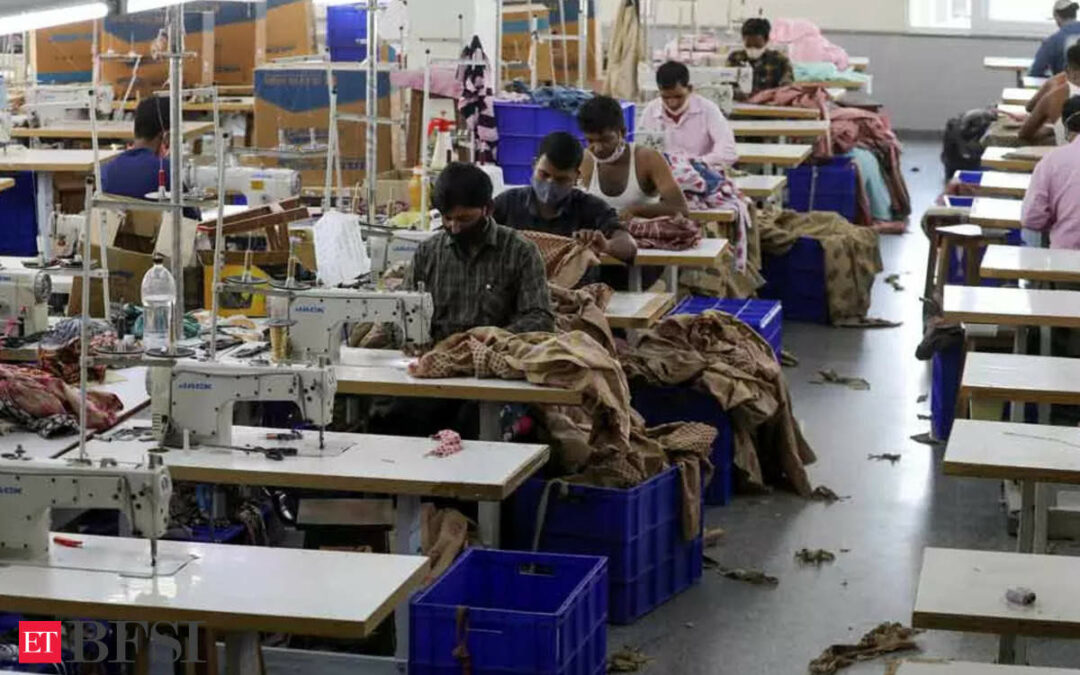As India is aspiring to become a $7 trillion economy by 2030, the country’s MSME sector needs to grow by 40-50% as it has contributed roughly one-third of India’s GDP in the last decade.
In order to empower the MSME sector, it is essential to address the credit gap, which is $530 billion. Experts have voiced that the AI-led credit assessment APIs can assist in addressing this challenge.
Ankit Ratan, Co-founder & CEO, Signzy said that despite India’s ambition to become the world’s third-largest economy, over 45% of businesses report slower revenue growth compared to GDP, suggesting a structural barrier hindering their potential.
This is particularly true for MSMEs, with many of India’s 51 million MSMEs struggling due to limited access to comprehensive financial services and easier, on-demand loans, he said.
Traditional credit assessment methods further disadvantage them due to factors like small loan sizes and lack of documentation.
Further, Prashant Muddu, MD & CEO, Jocata said the convergence of technology, policy and DPI has pushed the envelope for financial services innovation in India. Its enormous impact is particularly evident in digital lending which is growing at a CAGR of 33.5%.
But this is only half the battle in terms of expanding the credit funnel, especially for MSMEs, he added.
How the AI-powered credit assessment APIs can help in lender’s decision making?
Betting on AI, the experts believe that it offers a transformative solution to the higher operational and underwriting costs.
Ankit Ratan of Signzy said the AI-powered credit assessment APIs combined with the automation and streamlining of the loan process through AI tools, not only strengthens the trust between lenders and MSMEs but also can bridge the credit gap for MSMEs, similar to the contribution of MSMEs to the US economy’s growth during its rise to a $7 trillion economy.
By embracing AI solutions, India can unlock the true potential of its MSME sector, fueling economic growth driven by its entrepreneurial spirit, he added.
Anurag Chaturvedi, CTO, M1xchange said the risk evaluation should not be limited to a few data points or of the same nature; it should be multi-directional by analyzing a wide range of data like transactional history, prediction of growth or decline, assets or liabilities, and all these are being achieved by fintechs who are working on the Credit Analytics Engine (CAE).
“These data points provide comprehensive and significant information to credit underwriters for running their rules and taking quick decisions. These data-driven approaches have revolutionized the lending ecosystem due to their Multiview nature with different lenses and have been a game changer for the MSME community,” he added.
Prashant Muddu of Jocata said FinTechs have developed behavioural scores that provide a deep understanding of an entity’s business performance, governance, liquidity, buyer-supplier concentration, collections trends and financials to gauge the potential risk of default.
‘Go-No-Go’ decisions based on these scores are delivered in under 2 minutes, thus reducing the total Time-to-Credit (disbursal) for these borrowers from 2-5 days to less than 6 hours, he said.
These AI-led scores delivered via APIs expedite customer onboarding and underwriting, thereby opening opportunities for millions of unserved and underserved MSMEs.











